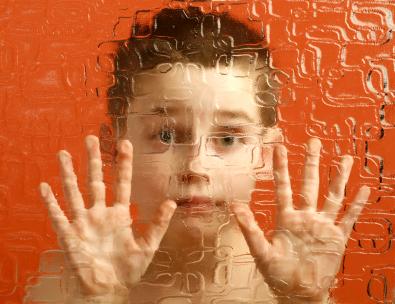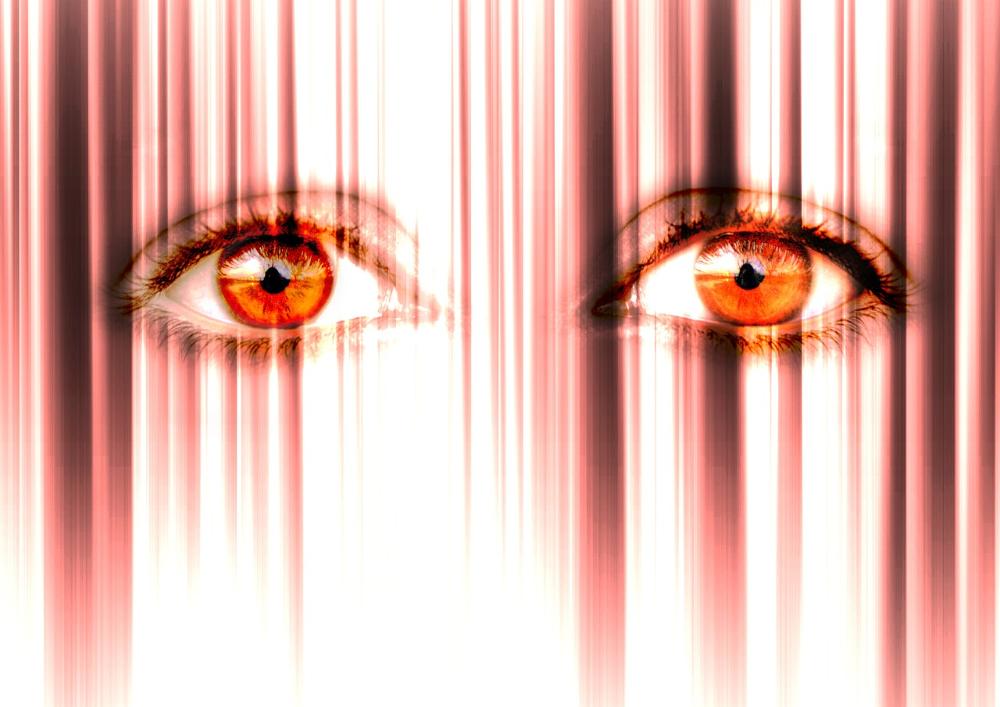Author: Admin | June 08, 2016
Autism Spectrum Disorder

What is autism spectrum disorder? What are the early signs? Causes of autism?
Autism is usually misunderstood and due to lack of knowledge about this disorder, parents usually ignore the initial signs of autism. This article helps you to know autism spectrum disorder in a better way.
What is Autism?
Autism spectrum disorder (ASD) is a group of complex disorder in the brain (neurodevelopment disorders) which are marked by repetitive and characteristic patterns of behavior and difficulties with social interaction and communication. The symptoms are seen from 3 to 4 years of age and affects daily routine. The word “spectrum” here means vast range of symptoms, skills and levels of disability in functioning that is seen in people suffering from ASD. Some children and adults are able to perform all routine activities while some requires substantial support to perform daily basic activities.
“The Diagnostic and Statistical Manual of Mental Disorders (DSM-5, published in 2013) includes Asperger syndrome, childhood disintegrative disorder, and pervasive developmental disorders not otherwise specified (PDD-NOS) as part of ASD rather than as separate disorders”.
Diagnosis of Autism is made on level of intellectual disability and impairment in language. ASD is seen in every race and ethnic group, and in all socioeconomic levels. If we go by gender, then boys are significantly more likely to develop ASD.
“Genomic research is beginning to discover that people with autism spectrum disorders probably share genetic traits with individuals with ADHD (attention-deficit hyperactivity disorder), bipolar disorder, schizophrenia, or clinical depression.”
Symptoms are likely to start in child before 3 years of age. Parents initially notice that their child starts late to talk or he's not acting like other normal kids of his age. But it is also seen that child starts to talk like other normal children and then lose his skills of language.
Symptoms of ASD
Symptoms of child can be very mild, severe or somewhere in the middle. Like suppose kids who has milder symptoms won't mind louder sounds or loud noises but unlike kid having severe symptoms might get upset or out of control after hearing loud noises. Kids with mild symptoms might be able to perform their routine activities alone with little help from parents. But kid with severe symptoms might depend completely on parents for learning and doing daily activities. Kids suffering from ASD cannot communicate well like other normal kids. They have difficulty in understanding emotions.
Kid might find difficult in following:
Have trouble learning the meaning of words
Repeat doing things again and again like repeating the same word
Continuously moving his or her arms or any part of body in a certain way
Difficulty in adjusting to new changes like trying new food, having a substitute teacher, or changing positions of toys from their usual places.
The severity of symptoms varies greatly, but following are some core symptoms which is seen in all people suffering from autism.
Social interactions and relationships in ASD
Notable problems in developing skills of nonverbal communication, like fixing eye to eye contact, body posture, facial expressions.
Failure to get along with children of same age.
Not able to share enjoyment, or any achievements with other kids.
Absence of empathy. People suffering from autism have difficulty in understanding feelings of another people, like pain or sorrow.
Verbal and non-verbal communication:
It is observed that children suffering from autism are generally late to start talking. About 40% of people suffering from autism are unable to speak properly.
It is difficult for them to start conversation and also it is difficult to continue the conversation if they have started to talk.
Language is generally repetitive and stereotyped. Autistic people often repeat the same phrase over and over again which they have heard before.
It is Difficult for them to understand the perspective of listener. They fail to understand the implied meaning for example if suppose someone is using humor it won't be easy for autistic person to understand.
Lack of interest in activities or play: Symptoms may be following.
Unusual focus: Younger children with autism fail to focus on entire toy they will just focus on some part of toy like its wheels or its attachment.
Absorbed in particular things: For example, older children and adults may be fascinated by video games, trading cards, or license plates.
Cannot manage outside routine: Child with autism do not like to change his daily routine for example he may always need to eat bread before salad and insist on driving through the same route to school every day.
Stereotyped and repetitive behaviors: These may include continuous motion of any part of the body or hand flapping.
Symptoms ASD in Childhood
Symptoms of autism are sometime noticed in first 3 years of child by parents or caretakers. Although autism is congenital (present at birth), signs of the disorder cannot be seen during infancy. First signs are observed by parents when their toddler behaves out of normal, does not seem interested in playing certain games, like peekaboo; and does not begin to talk. With proper treatment, most children improve and start to communicate, and are less dependent on others as they grow.
Symptoms of ASD in Teenage
During teenage, the patterns of behavior is changed. Many teens lag behind and find it difficult to relate or understand others even though they gain skills. It is more problematic to teenagers suffering from autism because of puberty and emerging sexuality. They are also at high risk for developing disorders related to depression, anxiety disorder.
Symptoms of ASD in Adulthood
Maximum adults suffering from autism can live independently and are able to manage their life. Autism in adult is related to intelligence and ability to communicate. Some adults with autism need a lot of assistance, especially those with low intelligence who are unable to speak.
Other symptoms of Autism
Many symptoms of autism are similar to ADHD. But symptoms of social interaction, are more severe for people with autism. About 10% of people with autism have some specialized skills like musical ability, calculating calendar dates, memorizing lists, drawing.Some unusual sensory perception can be felt by some autistic kids like they may feel deep pressures as calming effects or light touch as painful.
Almost half of the children who have autism spectrum disorders tend to ‘wander off’ from a parents. Studies show that behavioral assessment interventions, such as applied behavioral analysis, may reduce the number of times a child wanders off.
What other disorders are related to ASD?
Some genetic disorders are associated with an increased risk for autism, including Fragile X syndrome which lead to intellectual disability and also tuberous sclerosis which lead to growth of benign tumors in the brain and other vital organs which is due to mutation in a single, but different, gene. “Recently, researchers have discovered other genetic mutations in children diagnosed with autism, including some that have not yet been designated as named syndromes. While each of these disorders is rare, in aggregate, they may account for 20 percent or more of all autism cases.”
People suffering from ASD also have a high risk of epilepsy. Children whose language skills are not developed before age of 3years are at high risk of developing epilepsy. People suffering from ASD develop epilepsy by the time they reach adulthood.
How is ASD diagnosed?
ASD symptoms vary greatly on severity and from person to person. Mild ASD may go undiagnosed in younger age. Very early signs that require evaluation by specialist include:
- By the age of 1 year there is no babbling
- By the age of 1½ year no single word uttered or unable to form phrase by age of 2 years.
- When called by name if there is no response.
- Gradual loss of communication or social skills.
- No eye contact.
- No social responsiveness or smiling
Health care providers often try to communicate with questions for gathering information about child's behavior and changes. Some screening instruments depends only on parent observations, while other depend on a doctor and parent. If screening instruments show the sign of ASD, then more comprehensive evaluation is usually indicated. A comprehensive evaluation is done with help of multidisciplinary team which includes a psychologist, neurologist, speech therapist, and other professionals who treat children with ASD.
There is no single best treatment, so many other therapies are required according to person's need:
Auditory training
Behavioral therapy
Family therapy
Educational therapy
Discrete trial training
Vitamin therapy
Facilitated communication
Music therapy
Occupational therapy
Physical therapy
Sensory integration
*****



